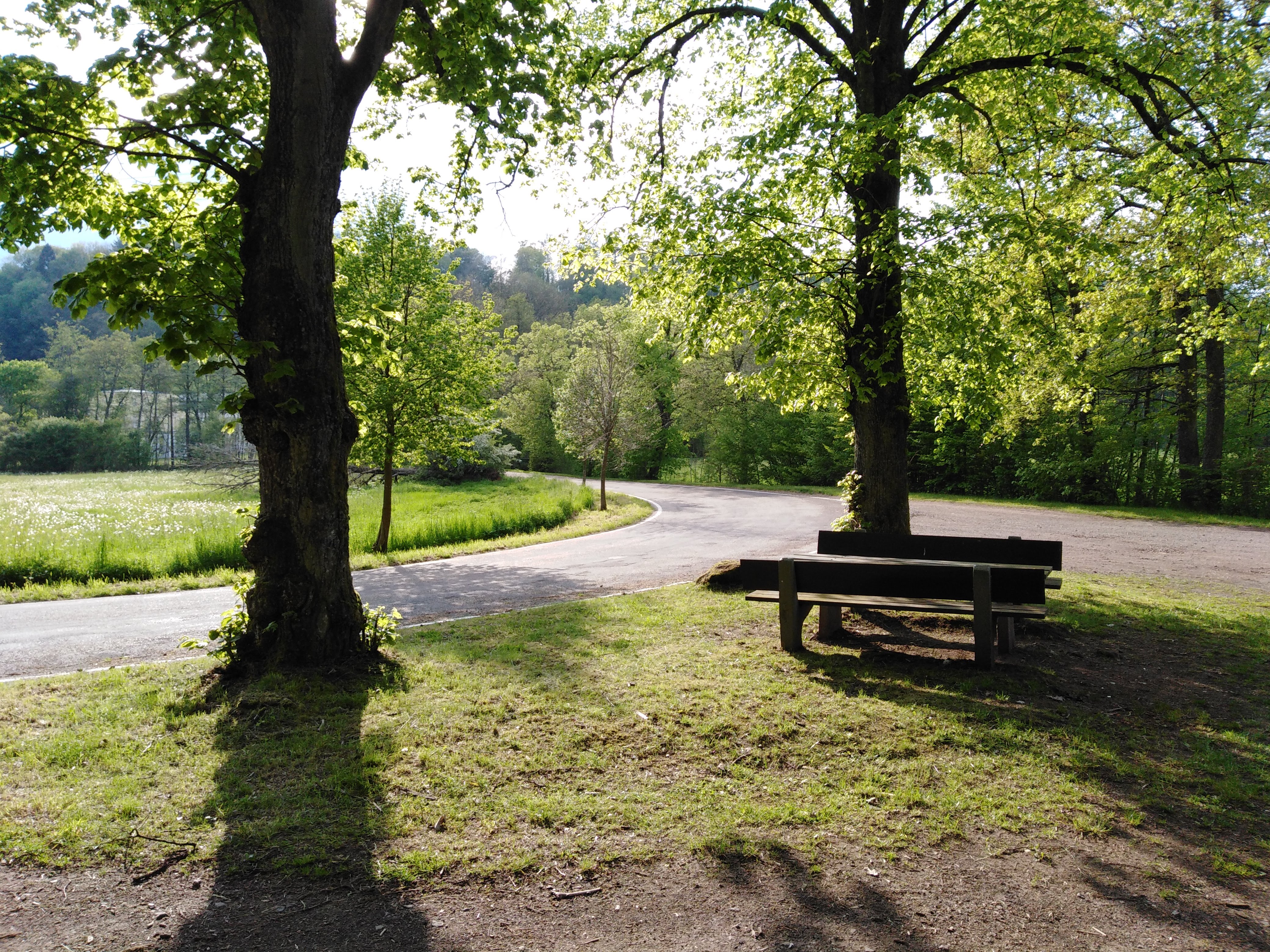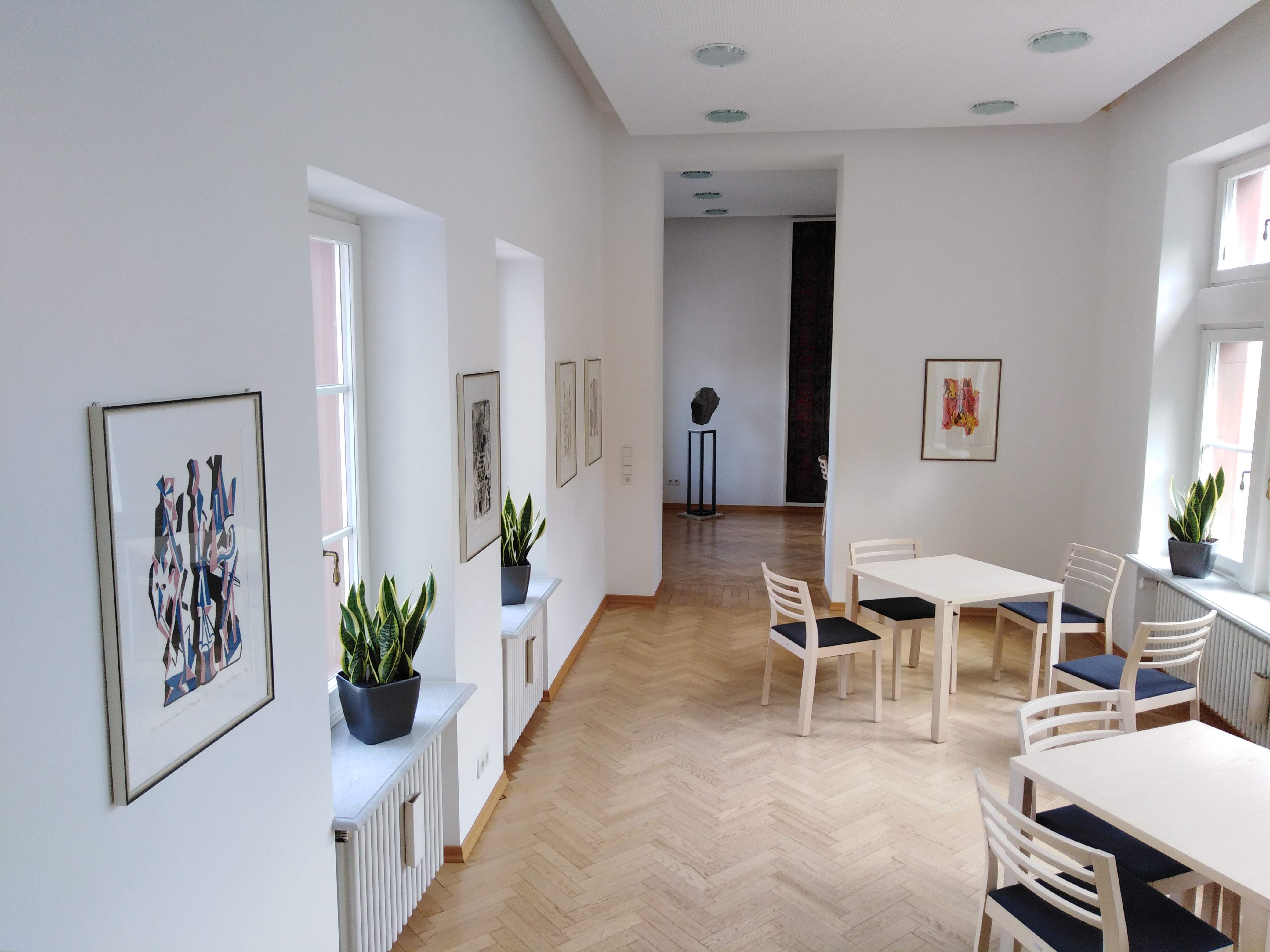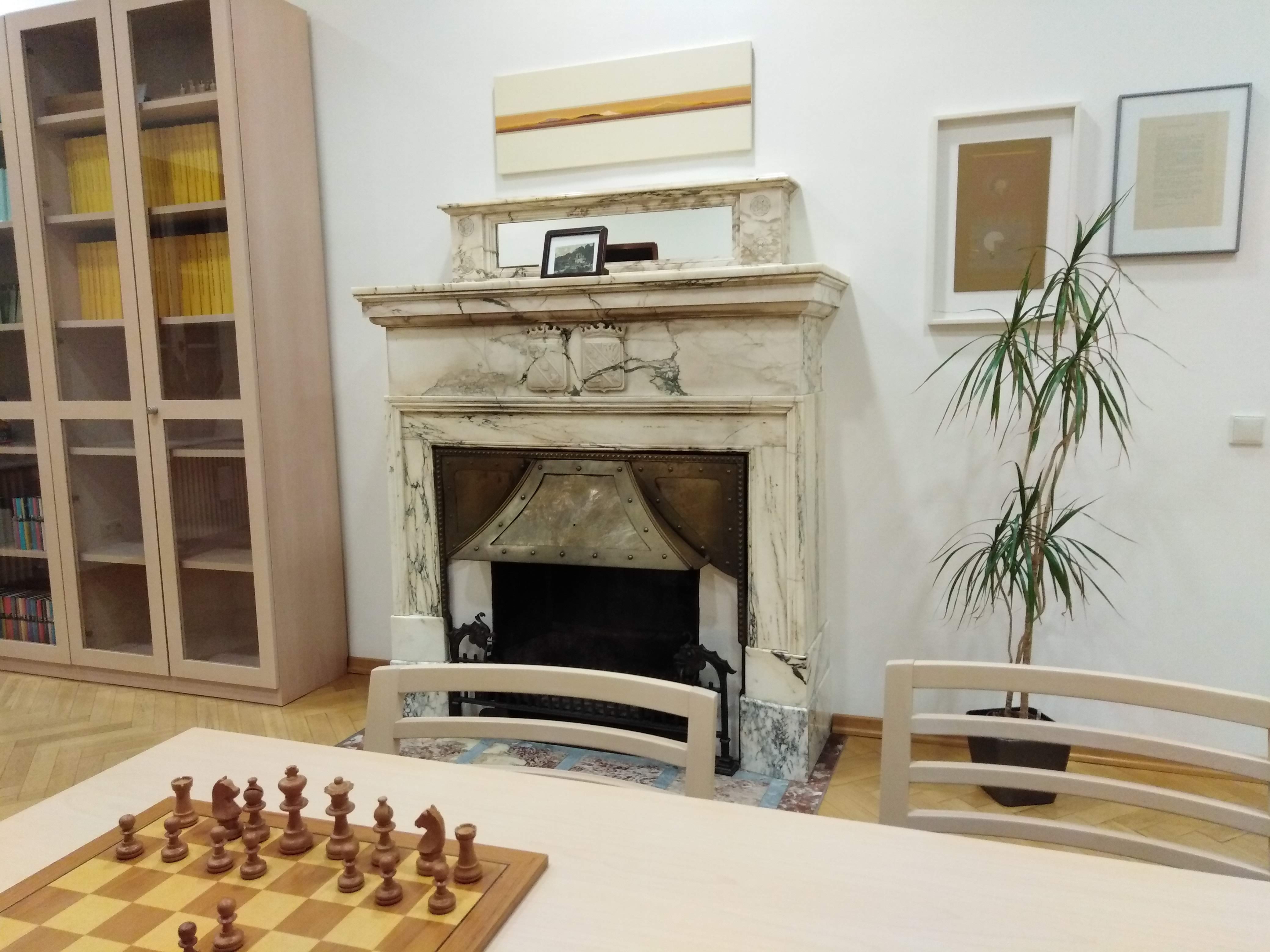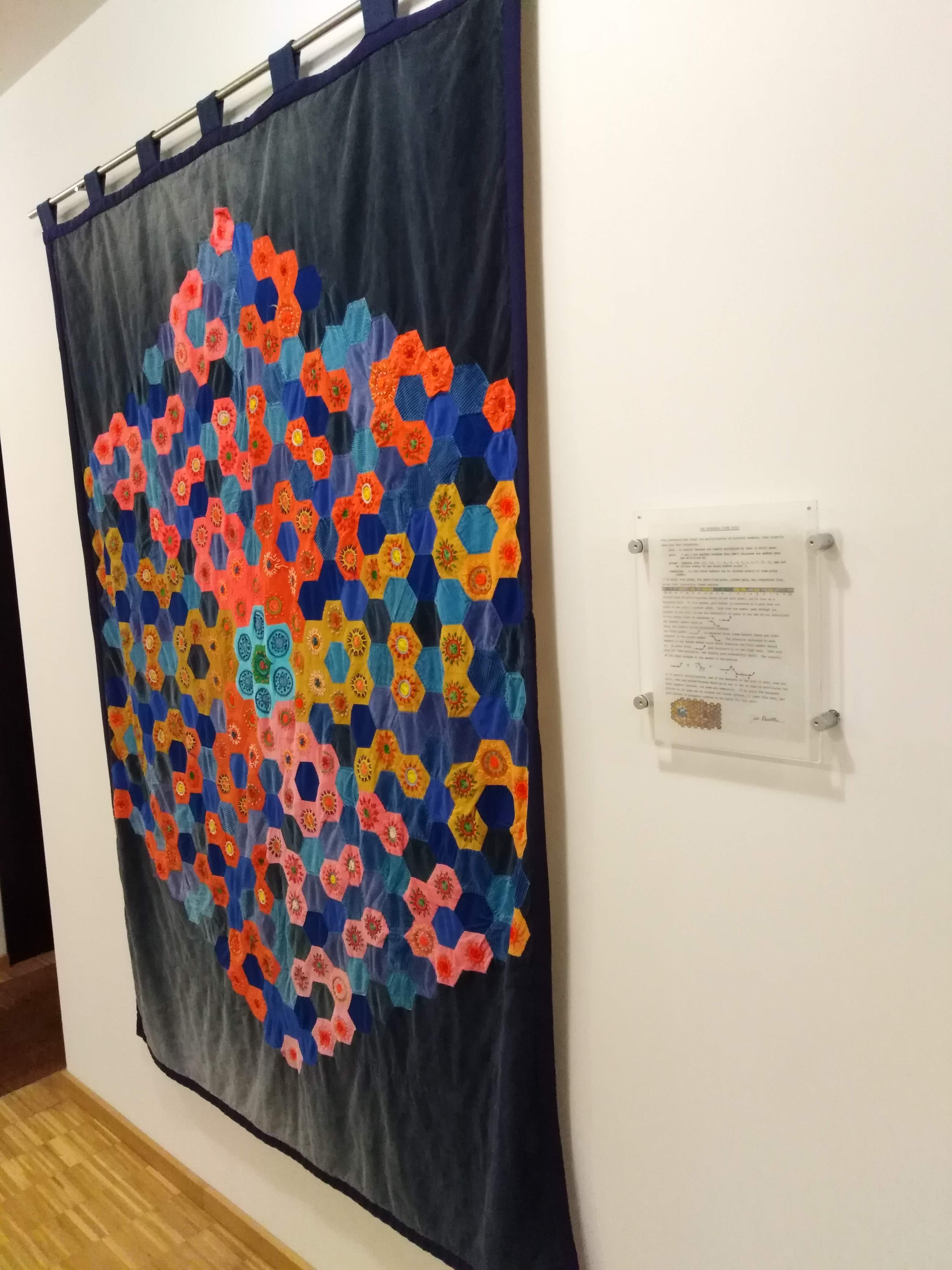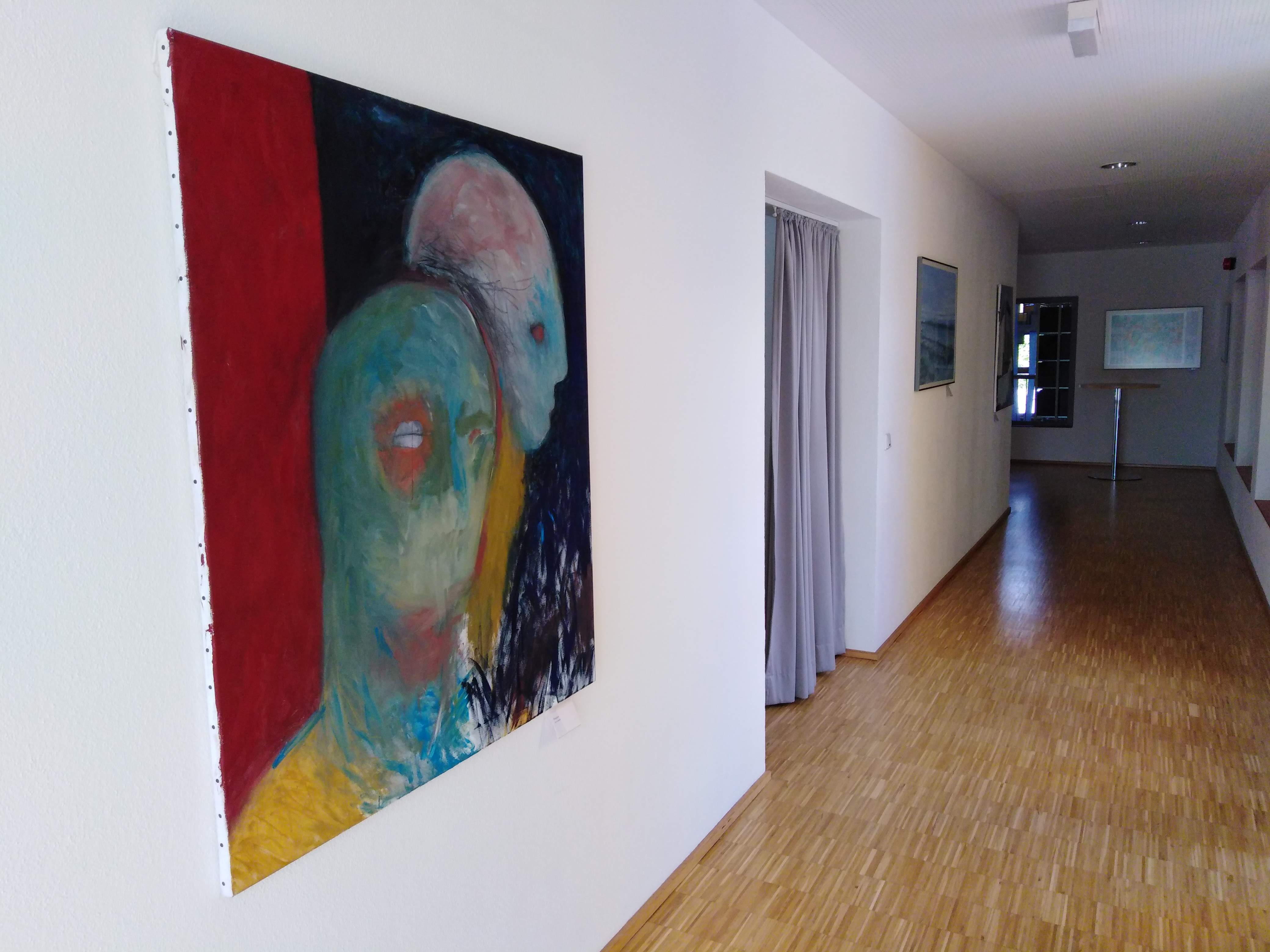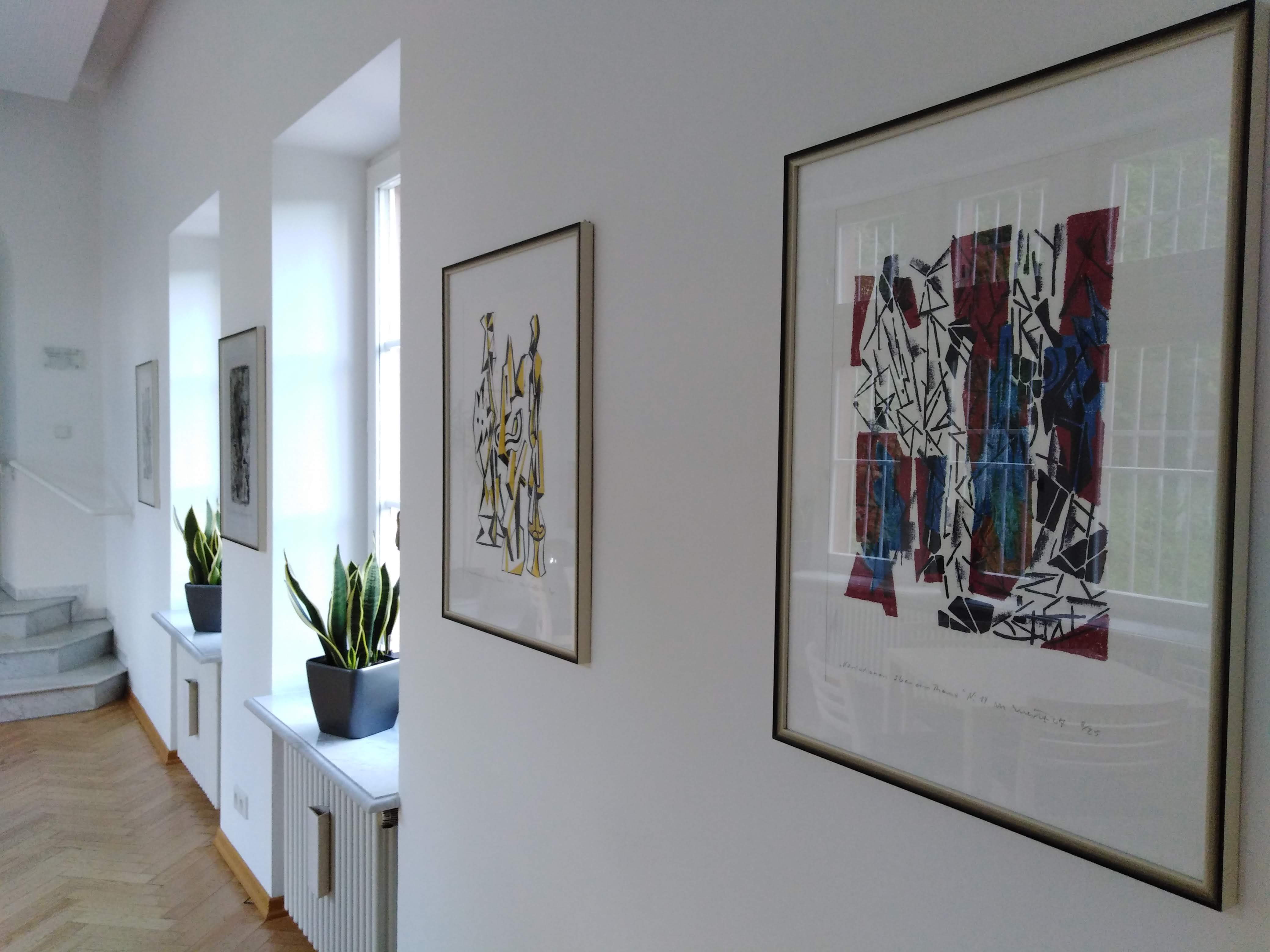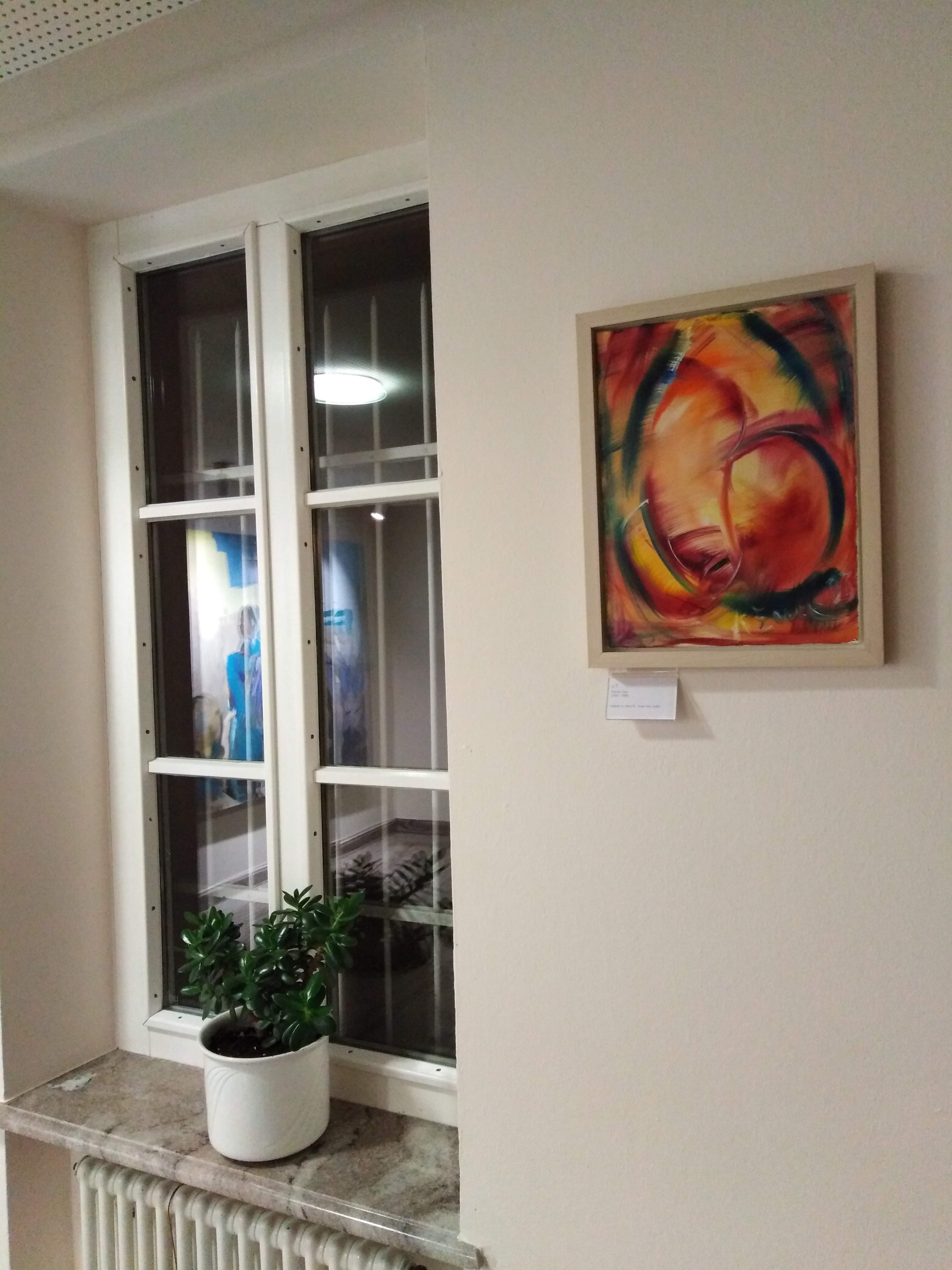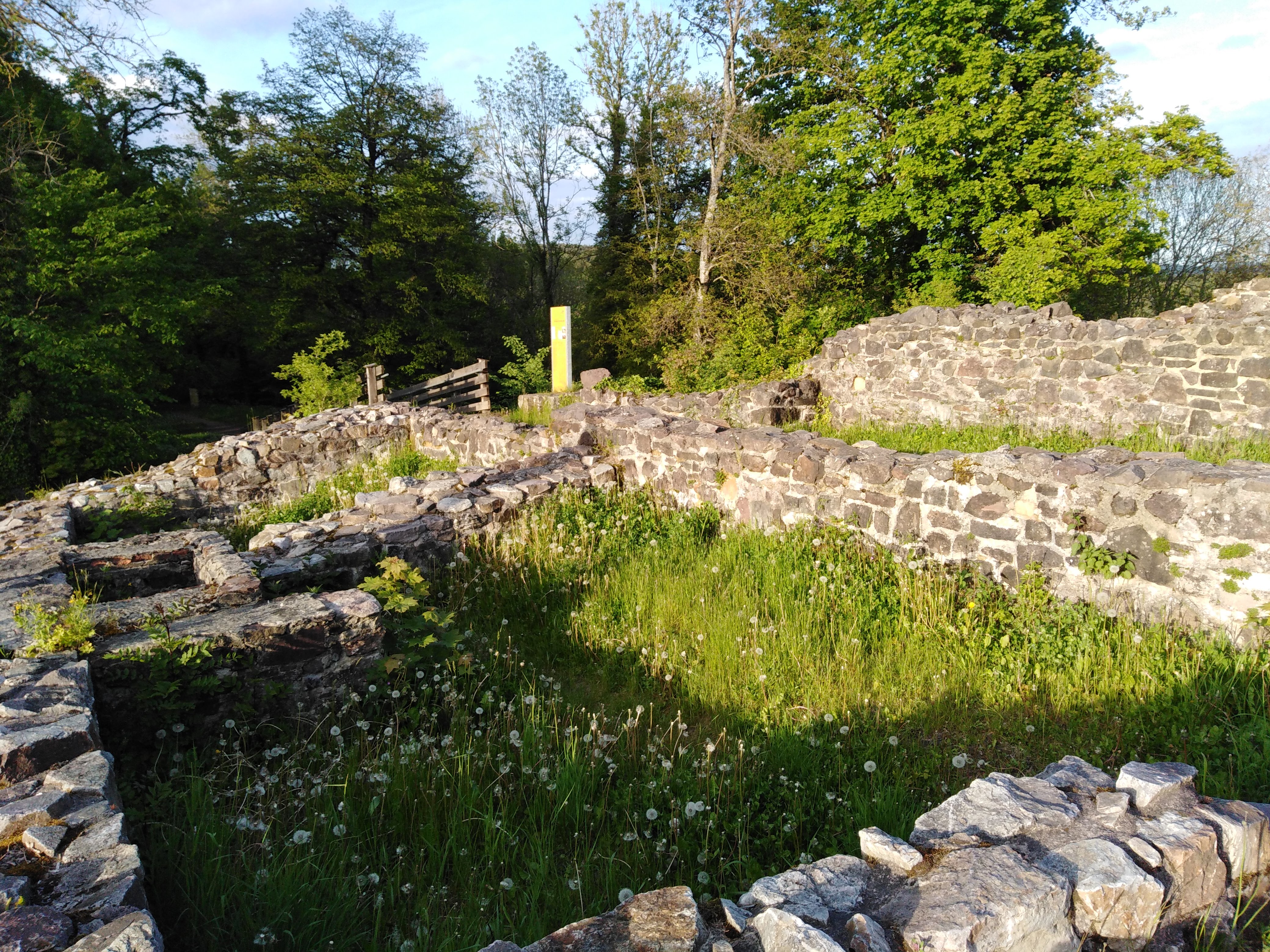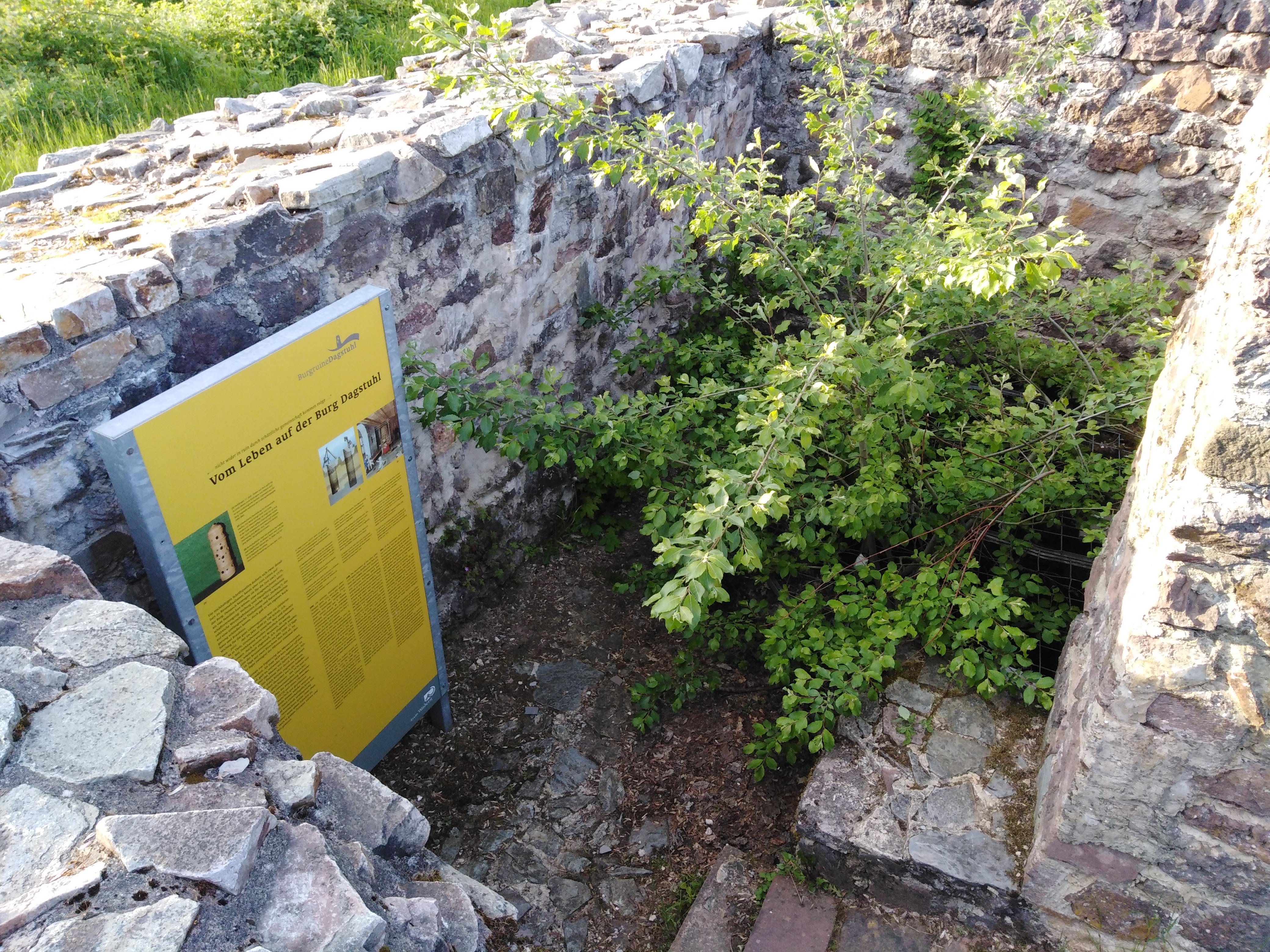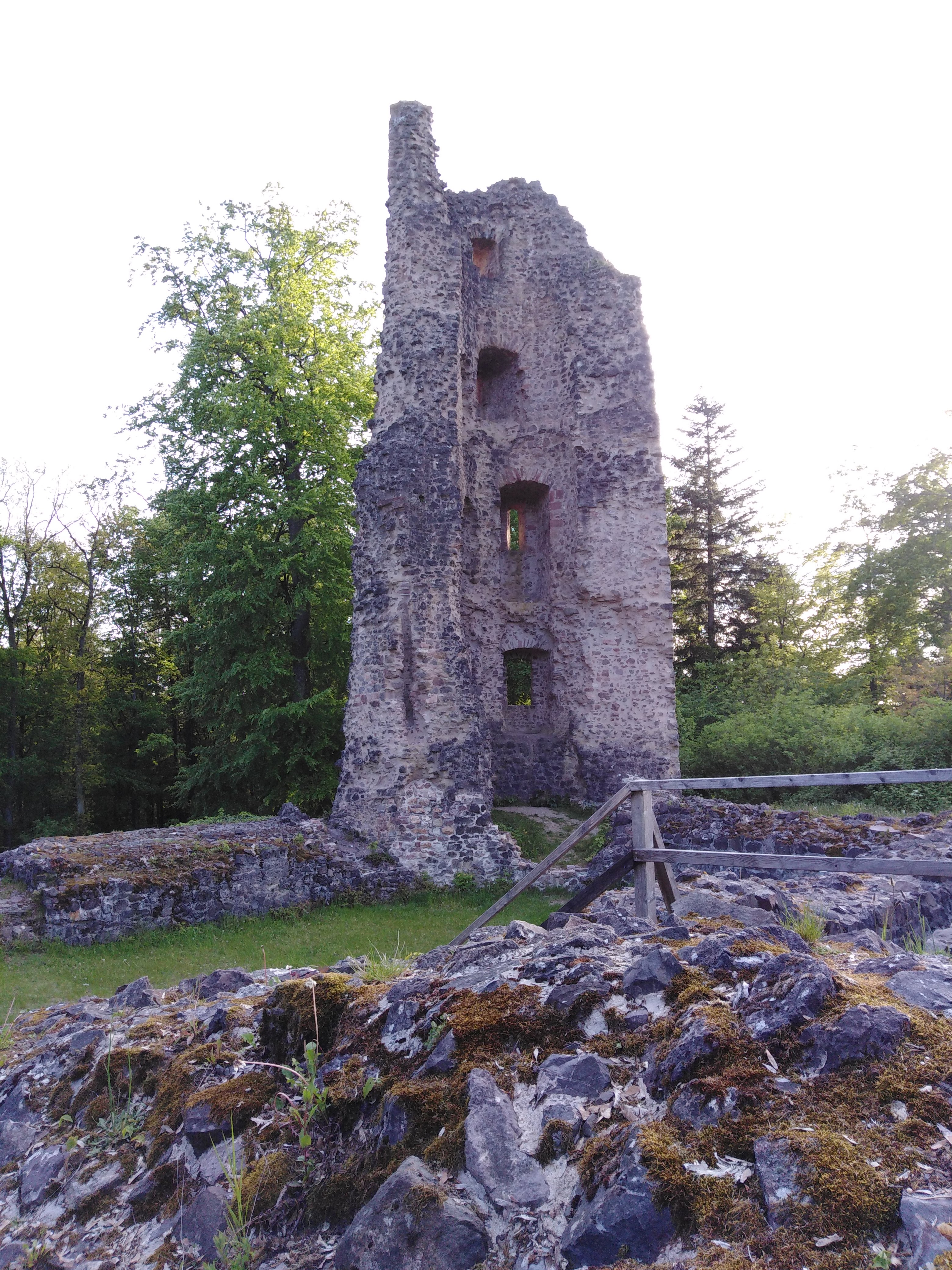Summer datathon in Dagstuhl
Last week, I participated in the 3rd Summer Datathon on Linguistic Linked Open Data (SD-LLOD-19) which was held in the Schloss Dagstuhl – Leibniz Center for Informatics, Wadern, Germany. As my first datathon where I was a tutor, it was such an amazing experience that I would like to write about here.
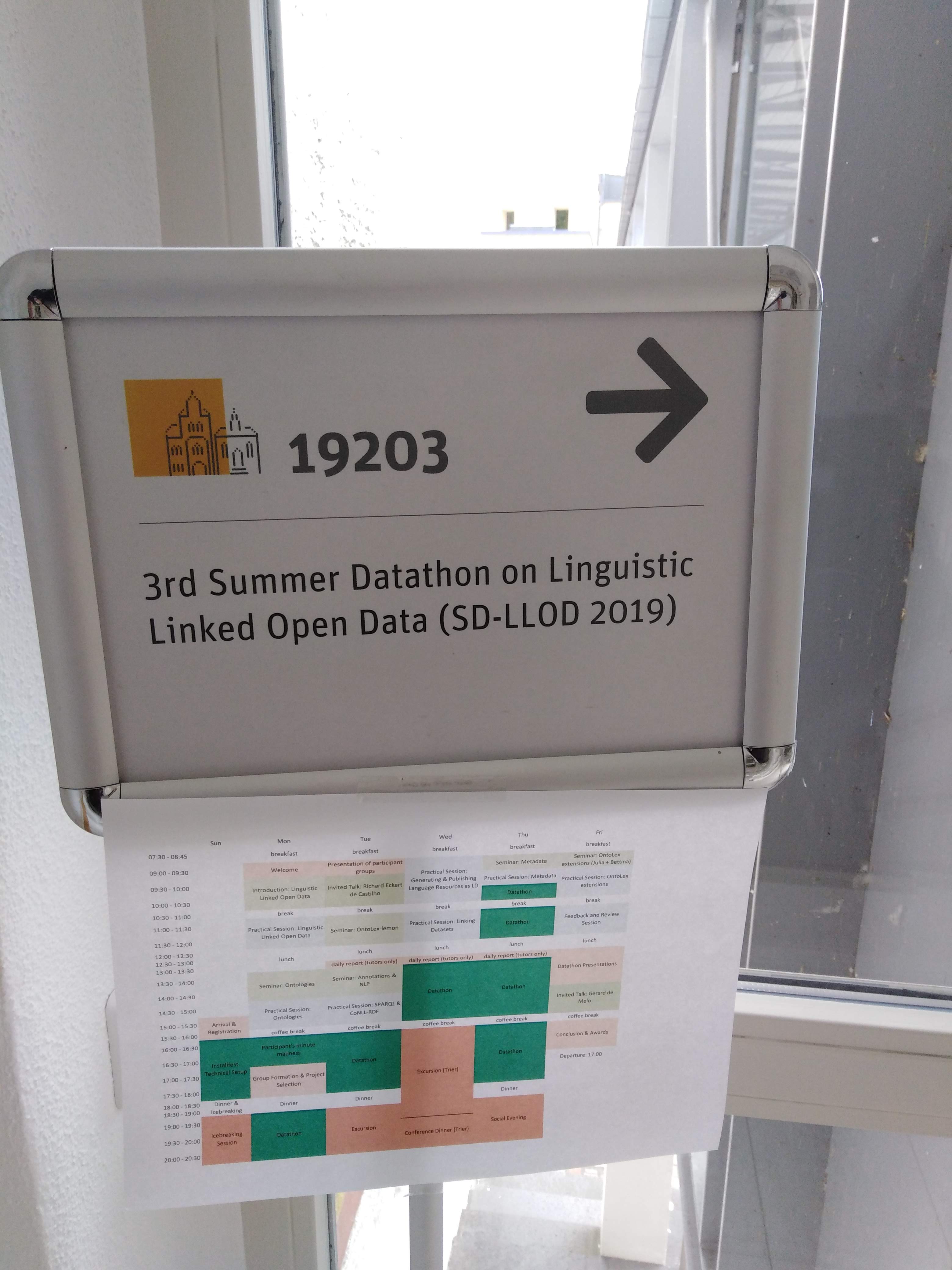
Schloss Dagstuhl (or Dagstuhl Castle) is a historical amazing place where seminars and scientific events are regularly held in informatics and computer science. It is located in the middle of a forest where the nearest big city, Trier, has a distance of 56 km (see on the map). According to the Leibniz Center for Informatics website:
Since 1990, Schloss Dagstuhl, Leibniz Center for Informatics has organized informatics conferences of the highest scientific caliber. It also promotes and supports continuing and advanced academic education and the transfer of knowledge between academia and industry. The center fosters world-class informatics research by bringing internationally renowned researchers and promising young scientists from universities together with those from industrial research laboratories. Dagstuhl’s comprehensive offerings are utilized by over 3,000 scientists from all over the world each year.
Arrival
Arrived in Germany on May 11 from Dublin, I stayed the night in Frankfurt, a city that I liked so much. Luckily, the same evening when I arrived, there were a bunch of interesting events going on in the city on the occasion of the Museum Night 2019.
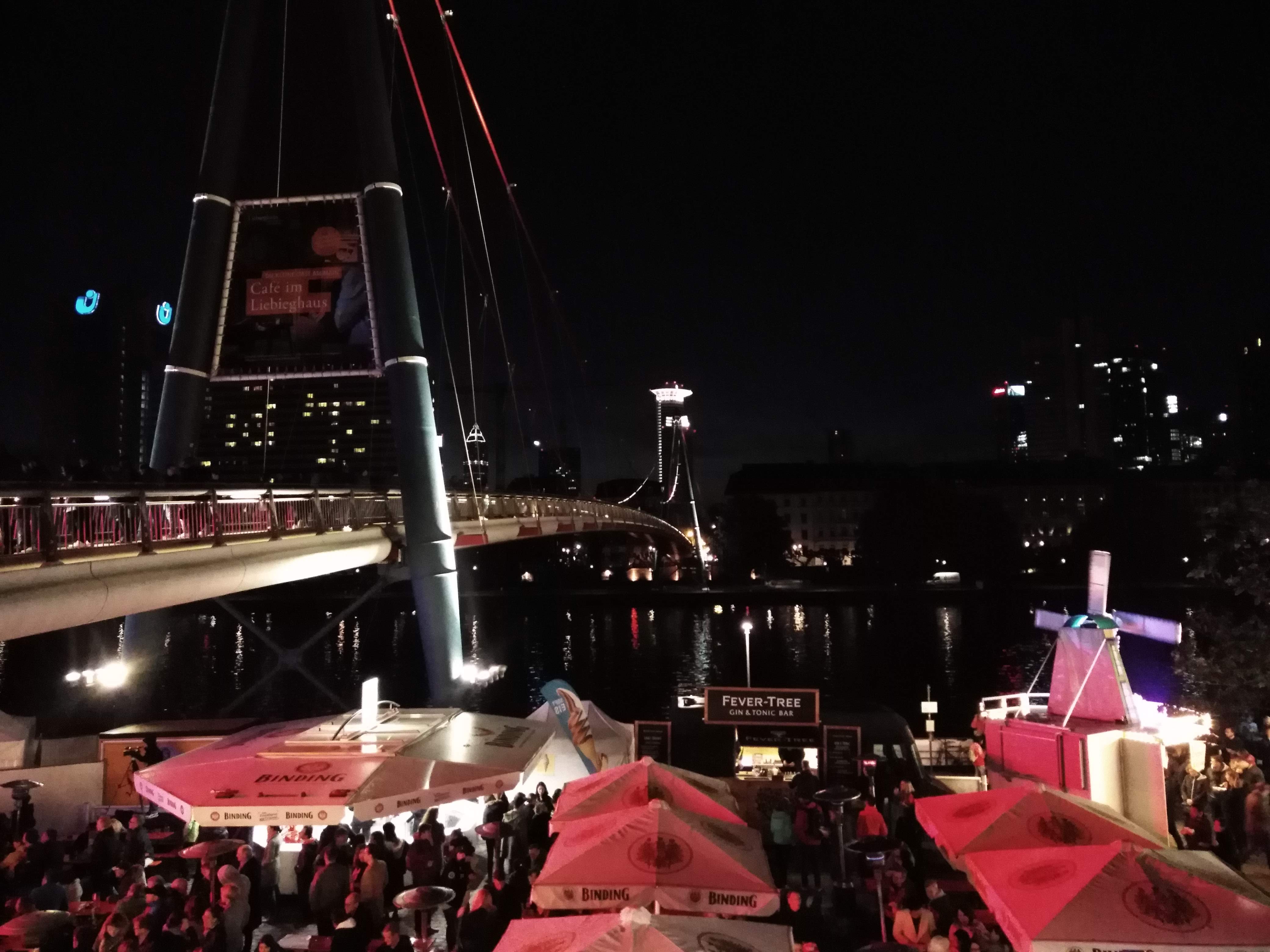
Reaching Schloss Dagstuhl can be challenging as there is not much public transport directly to the place from major cities. Therefore, taking a taxi seems to be the easiest option to get there. Personally, I set out for Sankt Wendel, a town in north-eastern Saarland, where the participants were waited for in the train station. One of the local organizers kindly picked us up to the venue which took roughly half an hour. Having said that, such a remote and relaxed location in the countryside made the visit even more particular. No matter how far away, it is really worth it!
Something great that I experienced from the very first moments that I met other participants in the Sankt Wendel train station was how cool they were! I really enjoyed every single moment that I spent with all of them who are now my friends…
And wow!
Yes. That was exactly how I was astonished when I visited such a mysterious and beautiful place surrounded by greenery! Everything was so well organized and prepared with meticulous care. I’d say Schloss Dagstuhl is not only a complex but a small city having a church, a library, several seminar rooms and guest houses, awesome foods (oh Lord!), a music room, even a sauna and a fitness room. Visiting every corner of the place is so joyful, seeing all those collections, paintings and artworks everywhere. Can you believe that even the tables are allocated to the participants using an algorithm to ensure that the participants meet each other at least once during their stay?!
There were a few music instruments in the music room, a piano, guitars and a violin, which turned our evening meetings more pleasant listening to the live music played by the talented participants. I also had the pleasure to play Bach’s Minuet in G major with Dr. Jorge Gracia. By the way, I promise there were more talented people playing other instruments more professionally and beautifully than me (they know whom I’m talking about!).
Linguistic Linked Open Data
As the title suggests, the main objective of our gathering in Dagstuhl was to participate in a datathon on linguistic linked open data. With an increasing importance in data representation and data modelling, semantic web and linked data has attracted interest from various research communities in academia and industry. In this datathon, we addressed a wide range of topics in linked open data with a particular attention to its linguistic applications. In addition to the presentations by the speakers, a few practical tools such as OpenRefine and Protégé were introduced. I also introduced Naisc, a data linking tool developped at our Unit for Linguistic Data at Insight Center.
| Project name | Tutor |
|---|---|
| Redefining the Dictionary Fabric - the case from industry | Thierry Declerck |
| Linked Linguistic Corpus Data | Christian Fäth, Christian Chiarcos, Jorge Gracia |
| TED talks transformation to LOD (🏆 participant votes) | Andon Tchechmedjiev |
| Modeling Cherokee lexical-morphological data | Bettina Klimek |
| Historical texts; linking multiple annotations: Corpora | Max Ionov |
| Ontology Conversion and Resource Population | Me |
| Modelling Akkadian dictionary data with ontolex-lemon using lexicog | Julia Bosque Gil |
| e-science corpus metadata as Linked Open Data | Alessandro Adamou |
This datathon was wonderfully organized by Dr. Christian Chiarcos, Dr. John Philip McCrae and Dr. Jorge Gracia. Here is a photo of the organizers and the tutors all together:
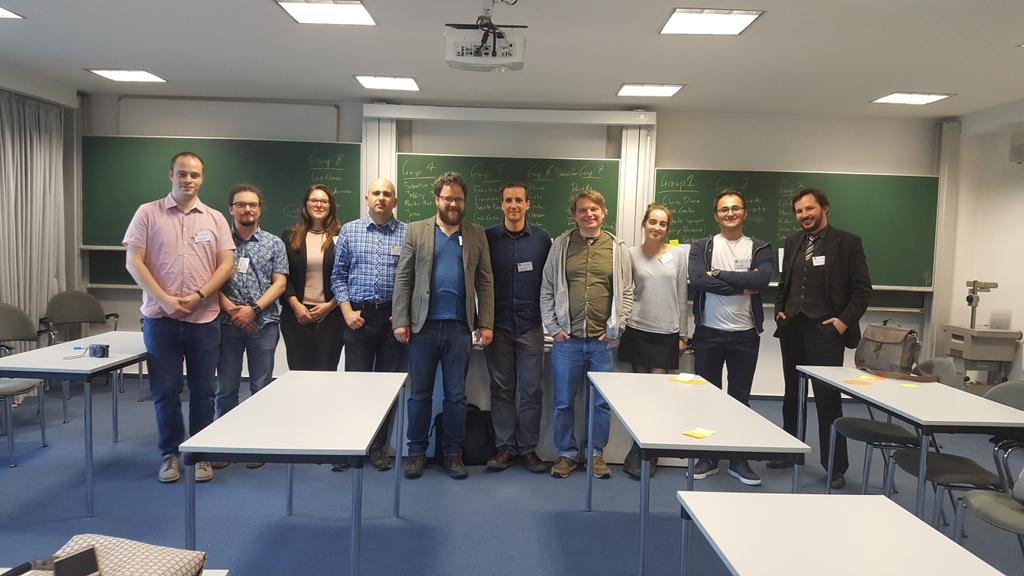
Regarding our project, we created a tool for populating resources which were provided by the participants of our group, using Wikidata and Wiktionary, and converting the produced resources into the OntoLex ontology. A full documentation of our project can be found here.
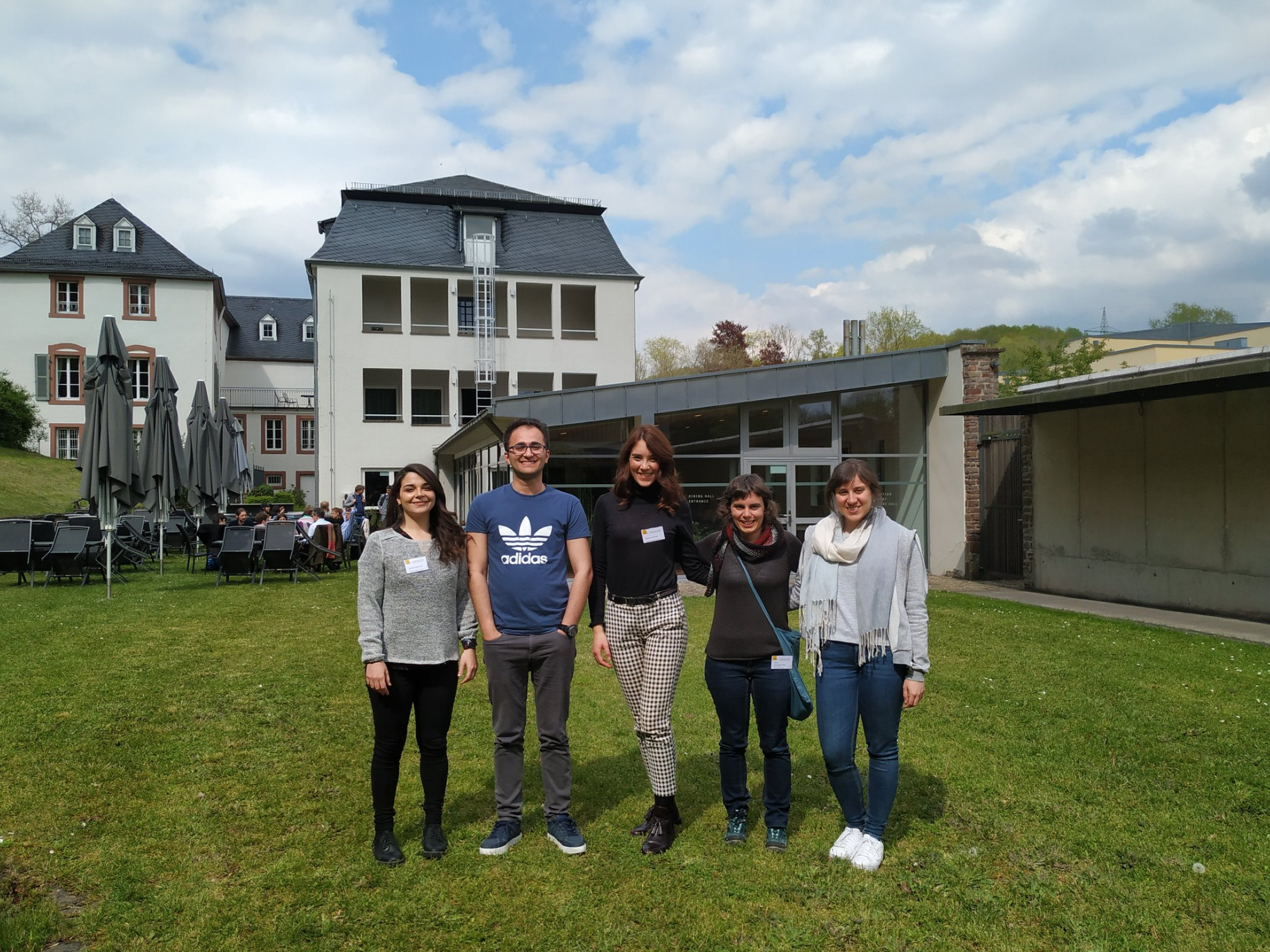
Other activities
In addition to our heavy daily programs, we had a couple of cultural visits to the famous Castle of Dagstuhl (15 minutes walk) and the historical city of Trier (45 minutes by bus). Here are a few photos of the Dagstuhl castle.
Finally
Although I learnt a lot of new things and acquired new experiences as a tutor in such an awesome datathon, what mattered more than anything else to me was the new friends that I made. This event let me make new friends who are also brilliant researchers. We spent a lot of good moments together, full of joy and happiness and fruitful discussions. I strongly believe that the friendship is the best outcome of such events.
Following this event, I participated in the Language, Data and Knowledge conference in Leipzig. In additio to the main conference, I participated in the TIAD 2019 workshop and community meetings of OntoLex and DBpedia.
If you are interested in the datathon and would like to know about the next event, check out the official website. All the tweets related to the datathon can be found here as well.
Last updated on 29 May 2019.

